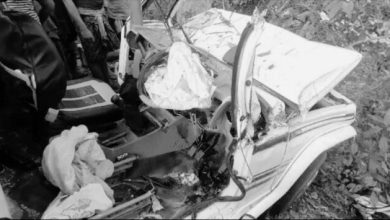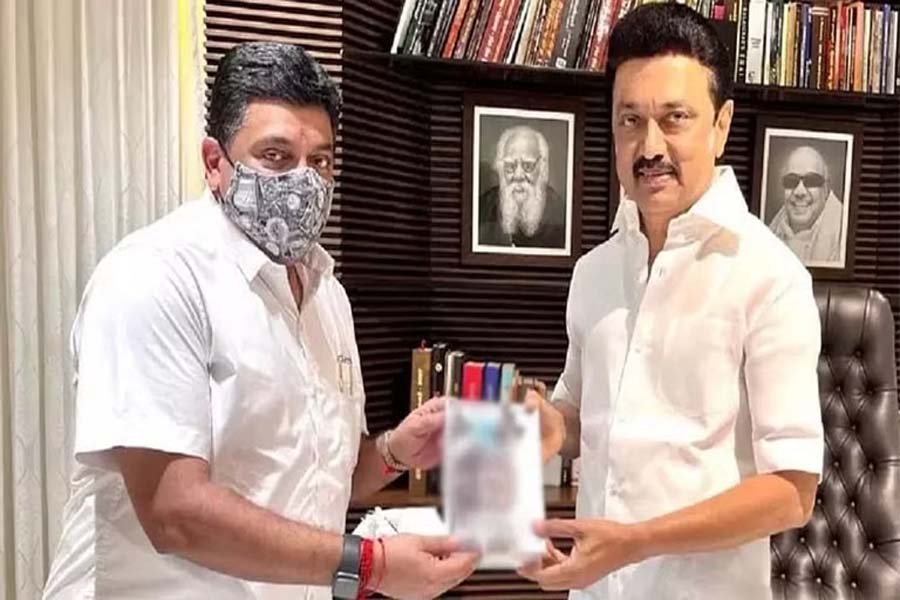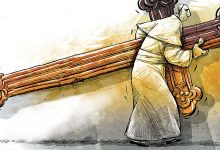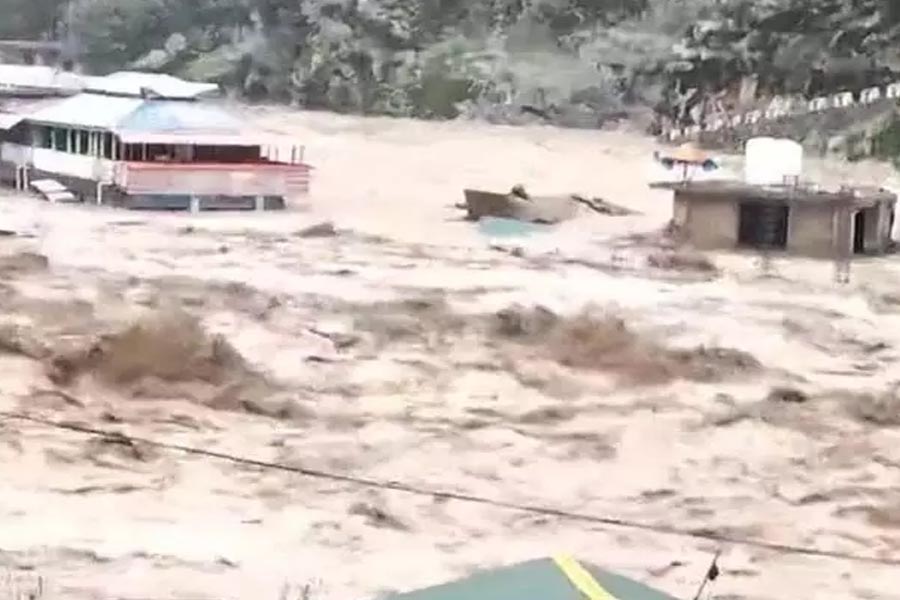
10 people died and two others were injured when lightning struck a house. Islamabad: At least 101 people have been killed and 180 others injured in Pakistan since the monsoon season began on June 25, the National Disaster Management Authority (NDMA) said. According to the NDMA, Punjab province is the most affected with 57 deaths and 118 injuries, reports Xinhua news agency. As of Thursday evening, 53 houses were also destroyed in Punjab, including the provincial capital Lahore, due to the heavy rains. Torrential rains in Lahore, described by Punjab’s caretaker chief minister Mohsin Naqvi as “record breaking”, flooded the city, submerging several areas and disrupting road traffic for hours. Rawalpindi also received heavy rains for over 12 hours on Wednesday, resulting in water levels in rivers and streams rising to dangerous levels and the local municipal authority having to call in the army to help deal with any untoward situation. At least 12 people were killed when a wall of an under-construction bridge collapsed on laborers living in temporary tents due to heavy rains in the city on Wednesday. According to a district administration spokesperson, rain gauge stations recorded rainfall up to 200 mm in several areas of the city, leading to urban flooding and roof collapse. The NDMA said 25 people were killed and 41 others injured in separate rain-related accidents in Khyber Pakhtunkhwa province. The authority said torrential rains damaged 60 houses in the province and killed 43 livestock. At least 10 people were killed and two others were injured when a house was struck by lightning during a storm in Sindh province in early June. NDMA figures show six people were killed and 13 others injured in southwest Balochistan province, and three more lost their lives in Pakistan-occupied Kashmir, where five people were also injured due to heavy rains. One person was injured in the northern Gilgit Baltistan region, where heavy rains destroyed seven houses and killed 15 livestock.











